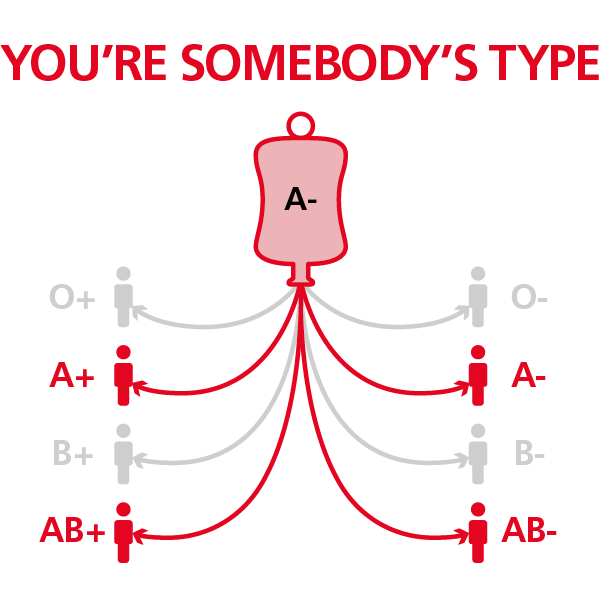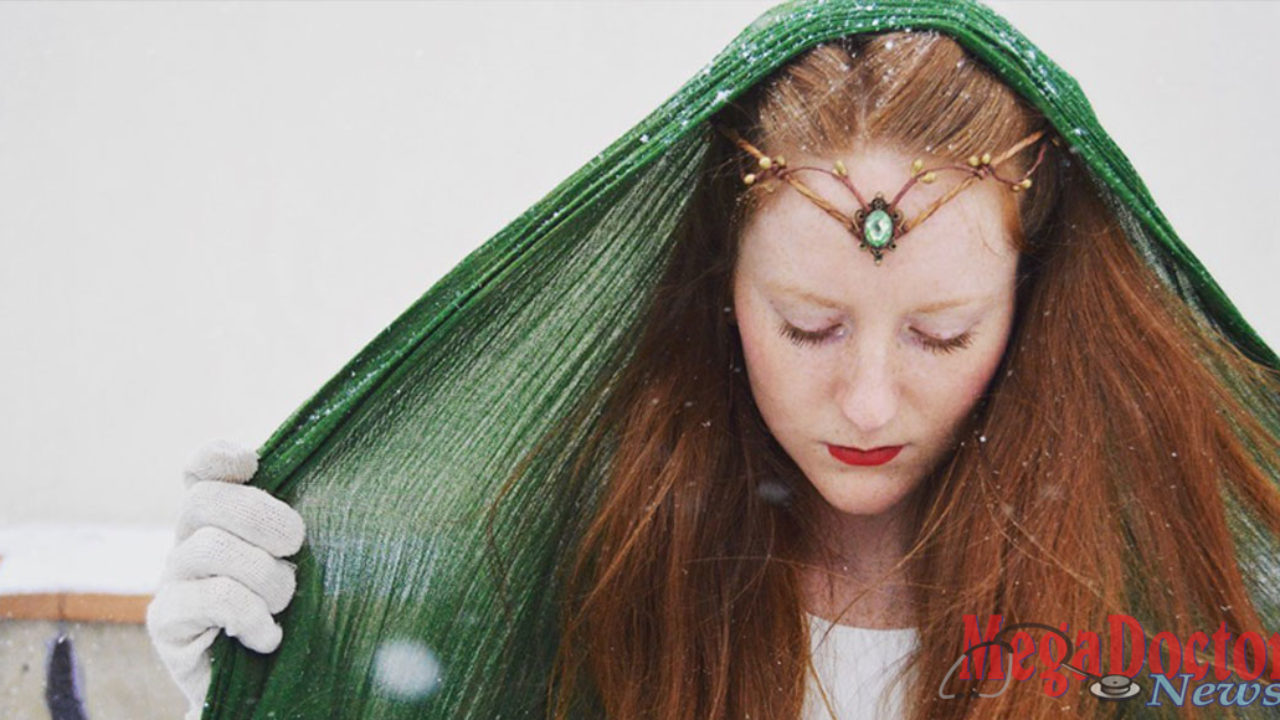
It is the presence of A and B antigens and corresponding antibodies that determines your ABO blood group. That’s why giving someone blood from the wrong ABO group can be life-threatening. They recognise any ‘foreign’ antigens and tell your immune system to destroy them. You also have antibodies in the clear part of blood called plasma.Īntibodies are important in transfusion because they are the body’s natural defence system.

Antigens reside on the surface of your red blood cells, where they serve as built-in. Which group you belong to depends on the antigens and antibodies in your blood.Īntigens are a combination of sugars and proteins that coat the surface of a red blood cell.ĭepending on your combination, you will have: Your antigen makeup is the key factor in determining your blood type. There are four main blood groups in the ABO group system.Įach group is important and we need donors from every group to ensure we have the right blood for the people who need it.

The ABO group system gives the letter part of your blood type and Rh system gives the positive or negative part. The two most important blood group systems for transfusion are ABO and Rh. We also offer antenatal courses which are a great way to find out more about birth, labour and life with a new baby.Your blood group is inherited from genes passed on by your parents.

Our support line offers practical and emotional support with feeding your baby and general enquiries for parents, members and volunteers: 03. These treatments might include phototherapy (light therapy), sometimes intravenous antibodies from healthy donors and rarely a blood transfusion (NHS, 2018). Others may be need to be born early so that they can have treatments. Rarely, the baby may need a blood transfusion while they’re in the womb (NHS, 2018). Babies with rhesus disease: treatmentĪround half of all cases of rhesus disease need barely any treatment, with the baby simply being monitored regularly during pregnancy (NHS, 2018). If it is, and you aren’t immune, you’ll be offered another anti-D injection (NHS, 2018). It’s up to you if you want to take the injections though.Īfter the baby has been born, their blood will be checked to see whether it is RhD-positive. You can have anti-D either as a one-off dose at 28 to 30 weeks or as two doses at 28 and 34 weeks (NHS, 2018).Īnti-D is a blood product that can mop up rhesus positive antigens (NHS, 2018). While the evidence about the benefits of this approach isn’t conclusive, NICE recommends routine anti-D injections for all pregnant RhD-negative women in case sensitisation occurs (NICE, 2008 McBain et al, 2015). If you’re rhesus negative and your partner is rhesus positive, you might be offered a couple of extra midwife appointments for ‘anti-D’ injections. Unfortunately, there’s no standard way of knowing whether your baby is rhesus-positive as testing is expensive and doesn’t happen as standard in the UK (Hawk et al, 2013). That can result in anaemia and jaundice in the baby (NHS, 2018). If that happens, the baby may get rhesus disease or haemolytic disease of the foetus and newborn (HDFN). It might also happen after a previous miscarriage or ectopic pregnancy, or very rarely during a blood transfusion (NHS, 2018). Your baby’s blood can transfer to you during birth, or if you have a bleed, an injury like a fall or a car accident, or an invasive medical procedure (NHS, 2018). The danger of that is that your immune system can develop antibodies against it that then attack the baby’s red blood cells. If you are rhesus negative but have a rhesus positive baby, the baby’s blood can enter your bloodstream. But if you have more babies, you might need extra care. And that’s where things get a bit complicated… Rhesus negative: issues for the babyīeing rhesus negative is not a problem in your first pregnancy. However, the need for O negative blood is the highest because it.

In about 10% of all births in England and Wales, the mum is RhD-negative and the baby has inherited RhD-positive blood from the dad (NICE, 2008). Types O negative and O positive are in high demand. The blood test will also show if you’re rhesus positive (RhD-positive) or rhesus negative (RhD-negative).Ībout 15% of the UK population are rhesus negative and 17% of all births in England and Wales are to rhesus negative women (NICE, 2008). You’ll have a test for your blood group (A, B, AB or O) in your initial booking in appointment.


 0 kommentar(er)
0 kommentar(er)
